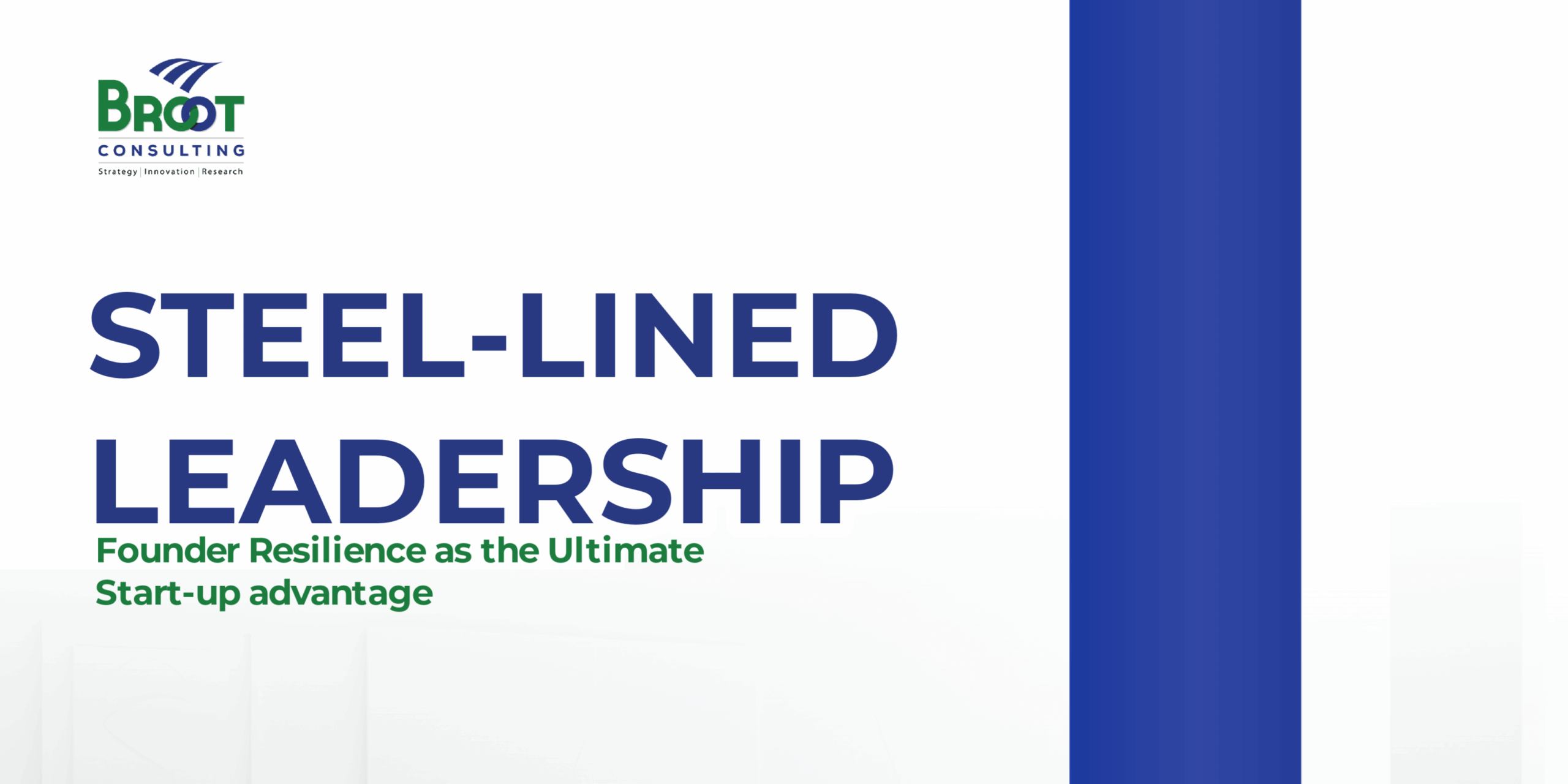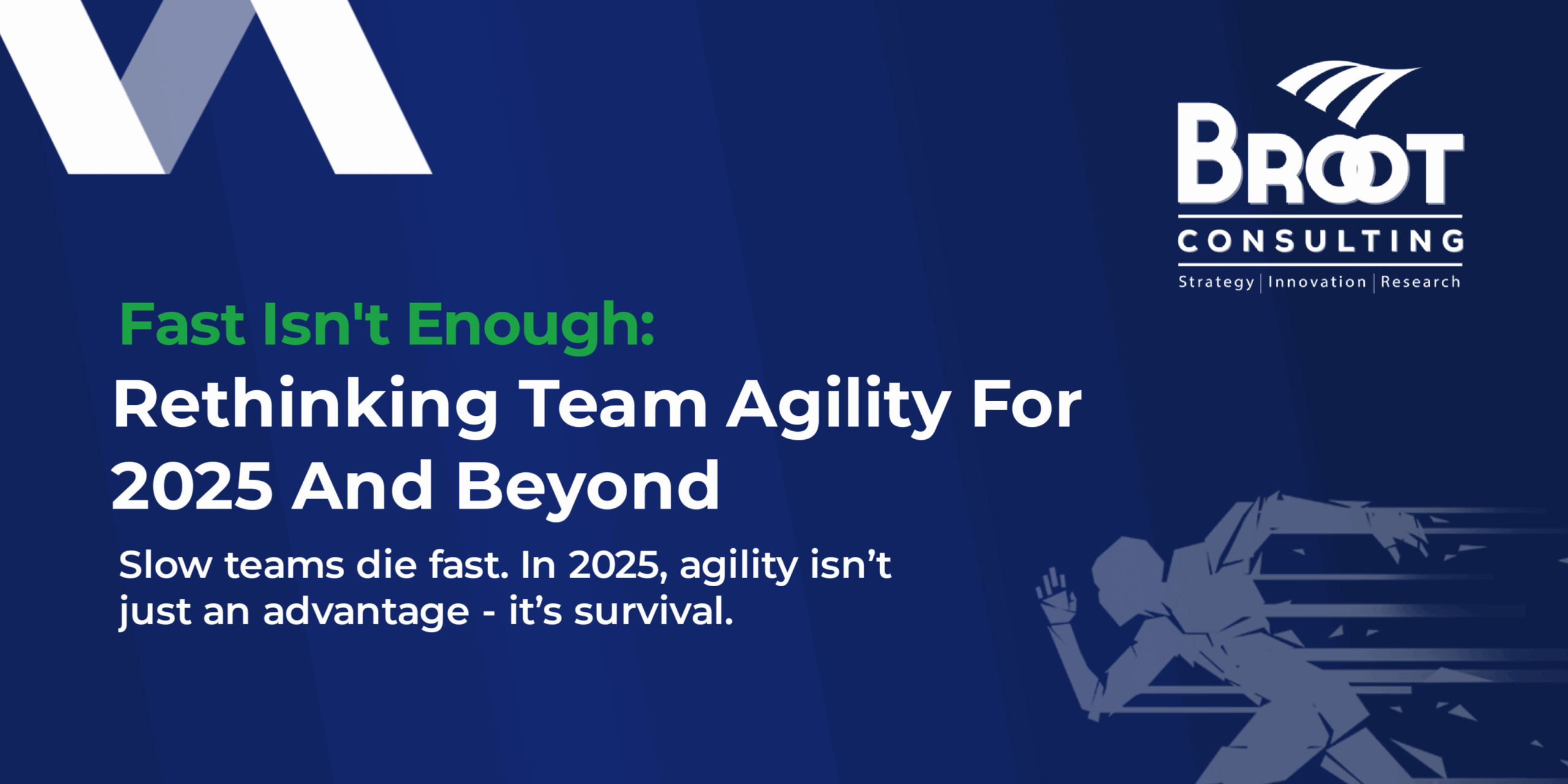“No matter what you say or do, it will always have to be my boss ‘way.“
A double-sided man is unstable in his ways. Do you say one thing and act in contradiction? What gets in the way of innovation in your organisation? Do you know that failure to walk the talk is a common phenomenon in leadership and a major hurdle to problem solving? When employees sense the absence of integrity in leadership, getting them to become creative and support the innovation journey of the firm becomes an uphill task. Why do employees find it difficult to come up with innovative ideas in their organisation?
We recently embarked on a research on the usage of an idea sharing platform in large corporations. While all these organisations had spent a fortune developing or subscribing to the system, the enthusiasm and level of participation among staff was considerably low. In our interview with some of the staff, a particular response stood out for me. The staff said,
“Why use something that you don’t believe in when you are not even sure that the management believe in the process? After all, they always believe they hold the ace; they know where they are going, and all they are doing to get you on is ‘make believe’. For me, I do not even bother to check on the system.”
Are your subordinates convinced that they are empowered to innovate? Do employers honestly want employees to innovate beyond mere signalling? How easy is it for organisations to innovate in the midst of over-regulation, legacy problem and self-inflicted injurious culture that only wish innovation happens but not strong enough to support it?
To innovate successfully, leaders must build the right culture and show unquestionable commitment to innovation. They must provide a framework that creates the right experience for the employees. The reality most times is that leaders, by their actions or inaction, do stifle innovation more than they encourage it.
As many organisations race to create something new, to build the next big product, some end up in self-imposed pitfalls, and the journey ends before it has even started. So how is it that these leaders who set out to create an innovative culture end up causing the death of innovation in their organizations?
Over-regulation
When the process that empower employees to be innovative is complex, cumbersome and burdened by policies and protocols, it is most unlikely that the employees will be innovative. So, to innovate successfully in your organisation, there has to be a measure of flexibility with your style in order to ease the birth and development of new ideas.
Doubt
A phrase like, “I do not think we have what it takes” usually creates doubt in the mind of employees. If you intend to get your employees to innovate, then boost their self-confidence. Support their capability and channel their focus on solutions not the problem.
Analysis Paralysis
Over-analysing kills innovation. Do you spend an ungodly amount of time at the conceptual stage? Do you spend disproportionate time talking about the concept than executing the concept? Employees will run out of steam when rather than doing you spend more time thinking. To innovate successfully, do more and talk less.
Fear
What is the rapport between you and your subordinates? Are you approachable? Are you tolerable of the opinion of others? If you are not approachable, your subordinate will be caged with fear about bringing ton you great ideas that could transform your business. To become an innovative organisation, leaders must be friendly, approachable and tolerant of employees’ view.
Internal Competition
Many a leader wrongly promotes internal competition. Such leaders live under the illusion that such is healthy and will birth new ideas. This concept belongs to the yester years. The best way to promote innovation is to encourage collaborations. Internal competition leads to unhealthy rivalry and sub-optimal performance, and at the end the organisation will pay the price.
Wrong Incentive Regime
Does your compensation structure promote innovation, or does it only embrace short term delivery of goals such as meeting deadlines, achieving monthly sales target? Do you focus more on some of the urgent stuff at the expense of strategic and meaningful tasks? If your compensation regime only focuses on immediate delivery of routine tasks, employees will not have the motivation to experiment.
Innovation as a Slogan
Do you overuse the word innovation in your organisation such that it has become a buzz word? It is not the word that matters but what your people are executing. If your vocabulary is over-laden with the word innovation, employees may wear thin of it. To get them to innovate, be creative with your words.
Conclusion
In a recent article by Harvard Business Review, Teresa Amabile and Steven J. Kramer argue that managers at all levels routinely and unwittingly undermine the meaningfulness of work for their direct subordinates by their everyday words and actions. Some of these actions include dismissing the importance of subordinates’ work or ideas, destroying a sense of ownership by switching people off project teams before work is finalized, shifting goals so frequently that people despair that their work will never see the light of day, and neglecting to keep subordinates up to date on changing priorities for customers.
All these are actions that gets in the way of innovation. To innovate, you have to get out of your own way; you have to give room to change; you need to be genuinely committed to it. If you are not ready to innovate, don’t take your employees on the endless cycle of innovation lest they become disillusioned or even cynical. When an innovation talk becomes a journey that leads to nowhere, even the most motivated may get discouraged
i

Olukunle A. Iyanda PhD, FCA, SNFLI.
Founder/CEO, BROOT Consulting Nigeria Limited.
Human-Centric Design Led Innovation Consultant.




